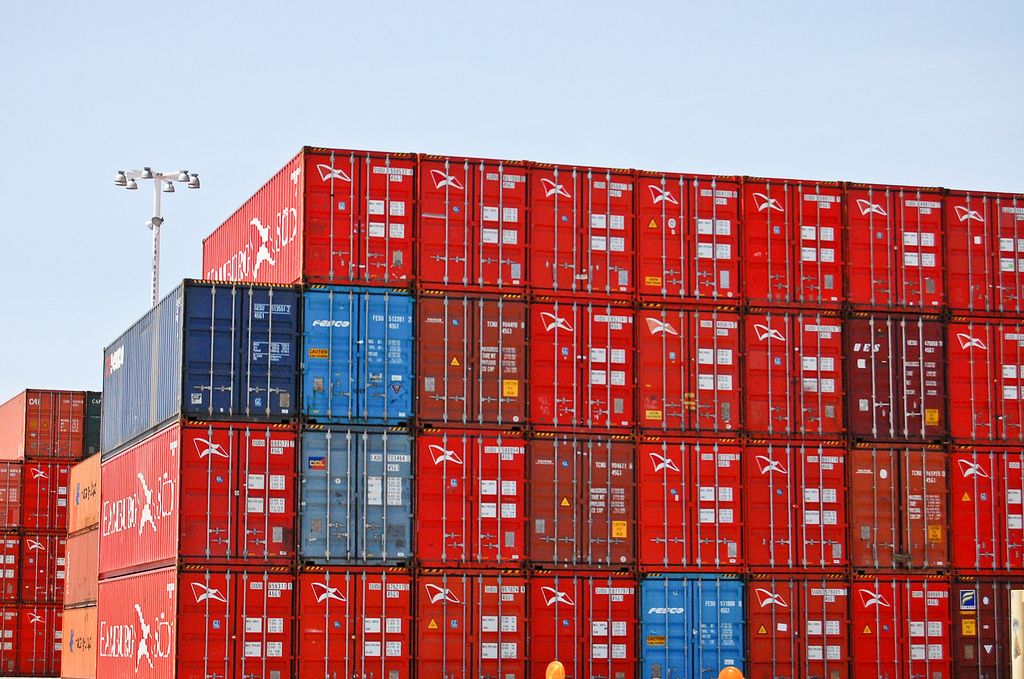
Last month, I wrote about the desperate waves of venture capital, the concept that VCs are investing far too early into new trends in a race for returns. With the mobile, cloud, and social transformations slowing way down, VCs constantly have to search for other nascent movements — artificial intelligent, machine learning, virtual reality — in the hopes of touching greatness.
So yesterday's article about Docker caught my eye. Called "A Docker Fork: Talk of a Split Is Now on the Table", the story gives a brief overview of the acrimonious debate in the Docker community over its support for enterprise, its speed of backwards incompatible changes, and the ecosystem's roadmap for the future.
Talks of forks are hardly new in open source projects, and Docker is unexceptional in that way. What is exceptional is the vast amount of money that Docker has raised — $180.8m to be exact according to Crunchbase, including a rapid series of three rounds in 2014 and 2015.
Containers are clearly a foundational technology in the cloud, and have the potential to rewrite much of the way we organize enterprise IT. But that is precisely why this movement has been so dangerous for VCs: while an obvious transformation, IT transitions are slow, far slower than the rapid innovation and growth we expect in a startup.
So we wait for the container trend to mature, all the while hundreds of millions of dollars in venture capital (and billions in the whole space!) hangs in the balance.
It would have been better for Docker to get to deal with these problems under less pressure, allowing the product to grow with its user base. Unfortunately, the competitive pressure of VCs means that dollars flowed to containers really rapidly, significantly ahead of where the market actually sits.
VC investment is an open marketplace, and thus, no one has the power to stop that investment flow or slow it to the right amount. But as VCs, we need to always be careful about jumping the gun on a glimmer of a new trend.
Docker may yet prove to be a great return — perhaps the best enterprise return this decade. Or it may be a crater. Market timing is everything, and unfortunately, the competitive pressure to get earlier and earlier is only increasing.
Photo by Todd Lappin used under Creative Commons.